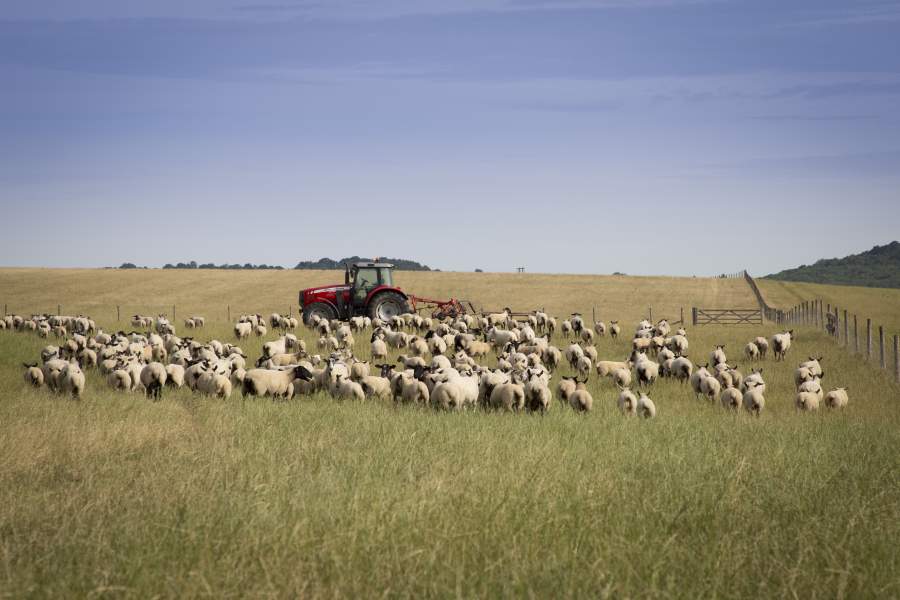
The latest statistics show imports of sheep meat from New Zealand have declined while UK production has increased.
In the first six months of 2017 UK sheep meat production increased to 137,000 tonnes, five per cent more than last year.
Exports grew by 18 per cent, with France being the primary market – and other markets around the world also increased.
During the same period, the volume of sheep meat imported from New Zealand reduced by almost 24 per cent from the previous year, a fall of more than 10,000 tonnes.
AHDB Head of Beef and Lamb Marketing, Nick White said: “The UK produces one of the largest volumes of sheep meat in the world, and is the third largest exporter. British farmers play an important part in a global marketplace, producing high quality meat for consumers both around the world and at home.
“However, against this background, consumer research indicates that UK consumption of lamb is declining. This is where initiatives like Love Lamb Week, create opportunities for sheep farmers to encourage British consumers to put lamb back on their plates, trying recipes with cuts like the lamb leg steak, which is easy to prepare any day of the week.”
Domestic consumption down
Now in its third year, Love Lamb Week runs from September 1 to 7 and is organised by farming organisations, the AHDB, the National Sheep Association and supported by the NFU.
Yesterday, BBC cooking programme Saturday Kitchen interviewed Wiltshire based sheep farmer, Richard Taylor who prepared a barbecued lamb recipe on Saturday 2 September, and social media users have been showcasing the best of British lamb by tweeting the hashtags #LoveLambWeek and #LoveLamb.
However, amid the positive reaction over UK lamb exports being up and NZ volumes into the UK down, there are concerns that domestic consumption of lamb has reduced overall.
Phil Stocker, NSA Chief Executive, said: “The initial reaction on hearing that UK lamb exports are up and NZ volumes into the UK are down might be positive but this can only mean that domestic consumption of lamb has reduced overall, a fact which appears to be backed up by consumer research.
“Keeping lamb in shopper’s baskets as a product of choice has to be an essential part of any future marketing strategy, even more so as post-Brexit trade options remain unclear.
“NSA welcomes the chance to be actively involved in Love Lamb Week – an excellent example of industry working collaboratively to support our sheep producers.”
Sheep facts and figures
The UK sheep sector employs 34,000 people on farms and a further 111,405 jobs in allied industries. This contributes a huge £291.4m to employment.
Over the last year, the UK bought more than 108,000 tonnes of lamb spending £845 million.
The average UK household buys 4.6kg of lamb a year, with London buying the most at 5.7kg and Scotland and the Borders buying the least at 3.5kgs.
Because of the huge range of terrain and landscapes, the UK hosts approximately 90 different sheep breeds and crosses, which have adapted to life in hilly, upland and lowland areas
